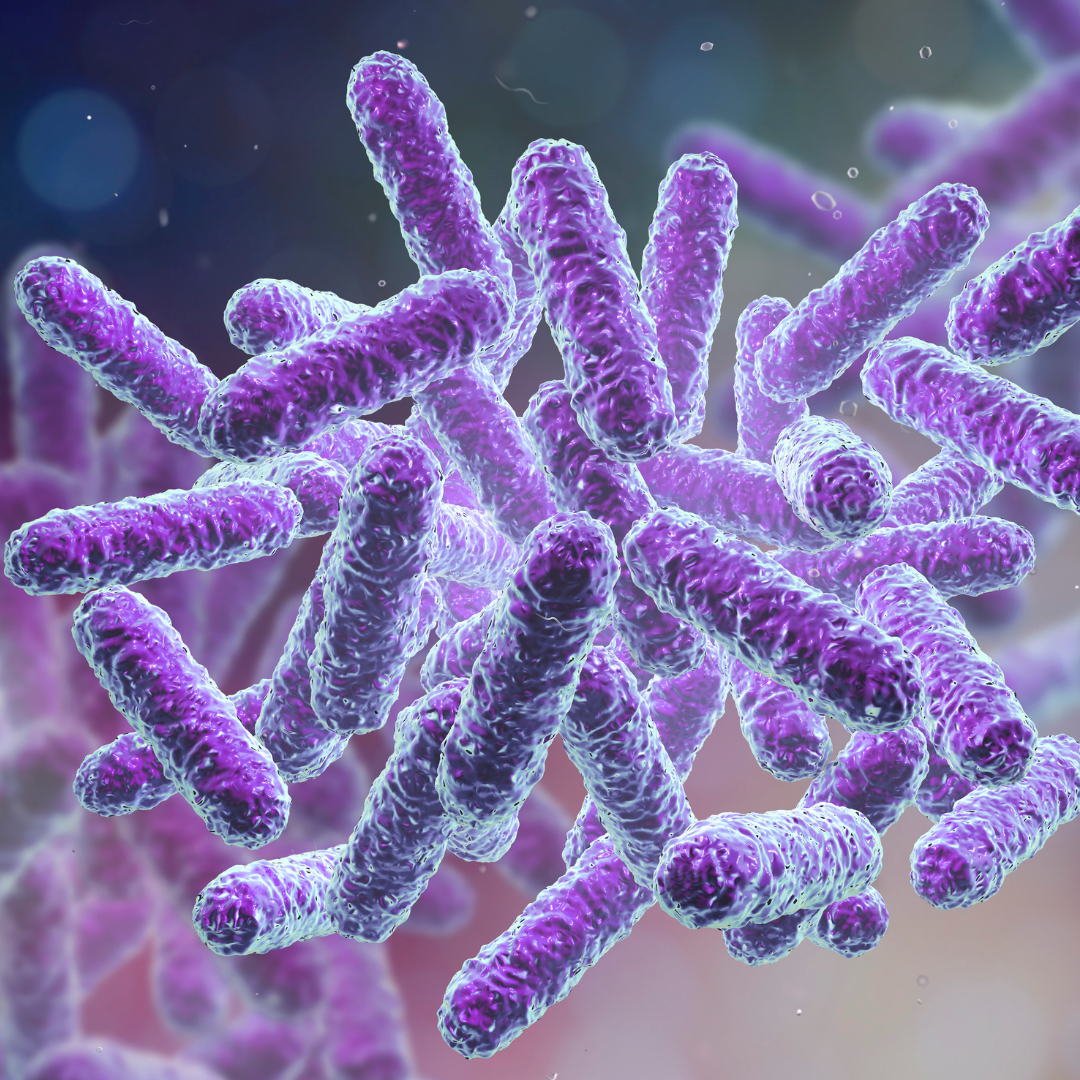If you feel as though you’re doing all the right things with your diet and engaging in daily exercise, but you still cannot achieve your healthiest and happiest weight, it may be time to delve a little further into the WHY.
What is Gut health?
If you’ve browsed other articles on our website, by now you’ve probably read about the importance of the human microbiome. You see, our body plays host to a congregation of bacterial, protozoal and fungal microorganisms and microbes and there’s increasing evidence that those found in the digestive system play a huge role in our overall health.
In fact, there is a wealth of research being conducted into our gastrointestinal microbiome and how it specifically relates to the way in which we metabolize food, convert it to energy and store it in the body for future use. This means the microbes that live in our gut influence our ability to lose and maintain fat.
The great thing about these studies is the discovery that gut flora can be altered to promote weight loss and even prevent obesity.
This can be done by simply making healthier food choices, balancing your lifestyle, and putting extra emphasis on stress management in your life.
Signs and symptoms of poor gut health
If you suffer from any of the symptoms listed below, then poor gut flora diversity or poor microflora balance may be part of the reason you’re unable to effectively burn fat and feel your best.
- Bloating
- Gas
- Heartburn
- Diarrhoea
- Constipation or altered bowel motions
- Nausea with meals
- Undigested food in your stool
- Mucus or blood in the stool
- Light or clay-coloured stools, green stools, or black stools
- Pain or cramping
- Urgency or having to run to the toilet
- Belching
The research
There is one research study that examined the gut bacteria in seventy-seven pairs of twins, one of whom was obese and one of whom was not. The twin who was obese has significantly different gut bacteria than their more slender sibling. Specifically, they have less diversity and more ‘bad’ bacteria.
A follow-up study found that when mice were injected with the bacteria from an obese individual, the same mice went on to gain weight. It has also been found that the bugs in our gut affect our hunger and satiety hormones leptin, ghrelin and peptide YY (PYY).
Thankfully we know that the impact of our microflora is not fixed, and what we eat each day, how we experience stress and what medications we take can drastically improve or impair it.
Caring for your gut
The importance of caring for the bugs in our gut is gaining more popularity, particularly because now the evidence reflects how friendly gut bacteria can aid in weight loss and management.
1. Fermented foods
Consuming fermented foods and drinks encourage microflora balance. It also boosts immunity and most importantly improves mood which helps us make healthier choices.
What fermented foods and drinks could you add to your diet?
- coconut kefir
- pot set yoghurt
- kombucha
- tempeh
- miso
- kimchi
- sauerkraut
- natto
- pickles
- Happy Greens
- Happy Turmeric
Have you tried our Happy Turmeric?
When deciding on something you like, remember that heat destroys the delicate bacteria in fermented foods, so where possible opt for raw or avoid heating to high temperatures.
The best way to ensure the fermented foods you’re consuming are high in therapeutic strains of bacteria and free from nasties is to make your own using cultured ferments. Adding a probiotic capsule to coconut water is a simple way of making coconut water kefir or you could use our Happy Greens to do the same!
2. Prebiotics
Prebiotics should also be considered for gut health because it’s these specialized plant fibres that act like fertilizer to stimulate the growth of your probiotics! They pass undigested through the upper digestive tract and support the bugs which colonize the large bowel. Consumption of them has also been found to improve emotional response and cortisol (stress hormone release).
3. Manage your stress
The final way to care for your gut flora is to understand the role that stress plays. We now know that stress itself can influence the actual physiology of the gut and cause both bad bacteria growth and activity. So on top of modifying your diet to include foods that promote healthy gut flora, keep up your walks in nature, meditation, yoga and time spent doing things you’re most passionate about!
The bottom line
- Your body contains an enormous community of microbes that influence how your food is digested, how energy (fat mass) is stored and whether you feel hungry or satiated.
- Healthy gut bacteria (your microbiome) is important for maintaining a healthy weight.
- Consuming fermented foods and drinks can improve your microbiome, as can complex plant fibre called prebiotics.
- Lifestyle stress can influence the quality and action of your microbiome.
- If you need some additional help in reducing your calorie intake then Happy Weight may be a good choice for you. It also contains fermented grains which assist to rebuild your healthy bacterial levels naturally.
REFERENCES
Ridaura VK, Faith JJ, Rey FE, et al. Gut microbiota from twins discordant for obesity modulate metabolism in mice. Science. 2013;341(6150):1241214.
https://www.ncbi.nlm.nih.gov/pmc/articles/PMC3829625/
Fetissov SO. Role of the gut microbiota in host appetite control: bacterial growth to animal feeding behaviour. Nat Rev Endocrinol. 2017;13(1):11-25.
https://pubmed.ncbi.nlm.nih.gov/27616451/
Turnbaugh PJ, Hamady M, Yatsunenko T, et al. A core gut microbiome in obese and lean twins. Nature. 2009;457(7228):480-484.
https://pubmed.ncbi.nlm.nih.gov/19043404/
Krajmalnik-Brown R, Ilhan ZE, Kang DW, DiBaise JK. Effects of gut microbes on nutrient absorption and energy regulation. Nutr Clin Pract. 2012;27(2):201-214.
https://www.ncbi.nlm.nih.gov/pmc/articles/PMC3601187/
Karl JP, Hatch AM, Arcidiacono SM, et al. Effects of psychological, environmental and physical stressors on the gut microbiota. Front Microbiol. 2018;9:2013.
https://doi.org/10.3389/fmicb.2018.02013
Schmidt K, Cowen PJ, Harmer CJ, Tzortzis G, Errington S, Burnet PW. Prebiotic intake reduces the waking cortisol response and alters emotional bias in healthy volunteers. Psychopharmacology (Berl). 2015;232(10):1793-1801.
https://dx.doi.org/10.1007%2Fs00213-014-3810-0









Leave a comment
This site is protected by hCaptcha and the hCaptcha Privacy Policy and Terms of Service apply.